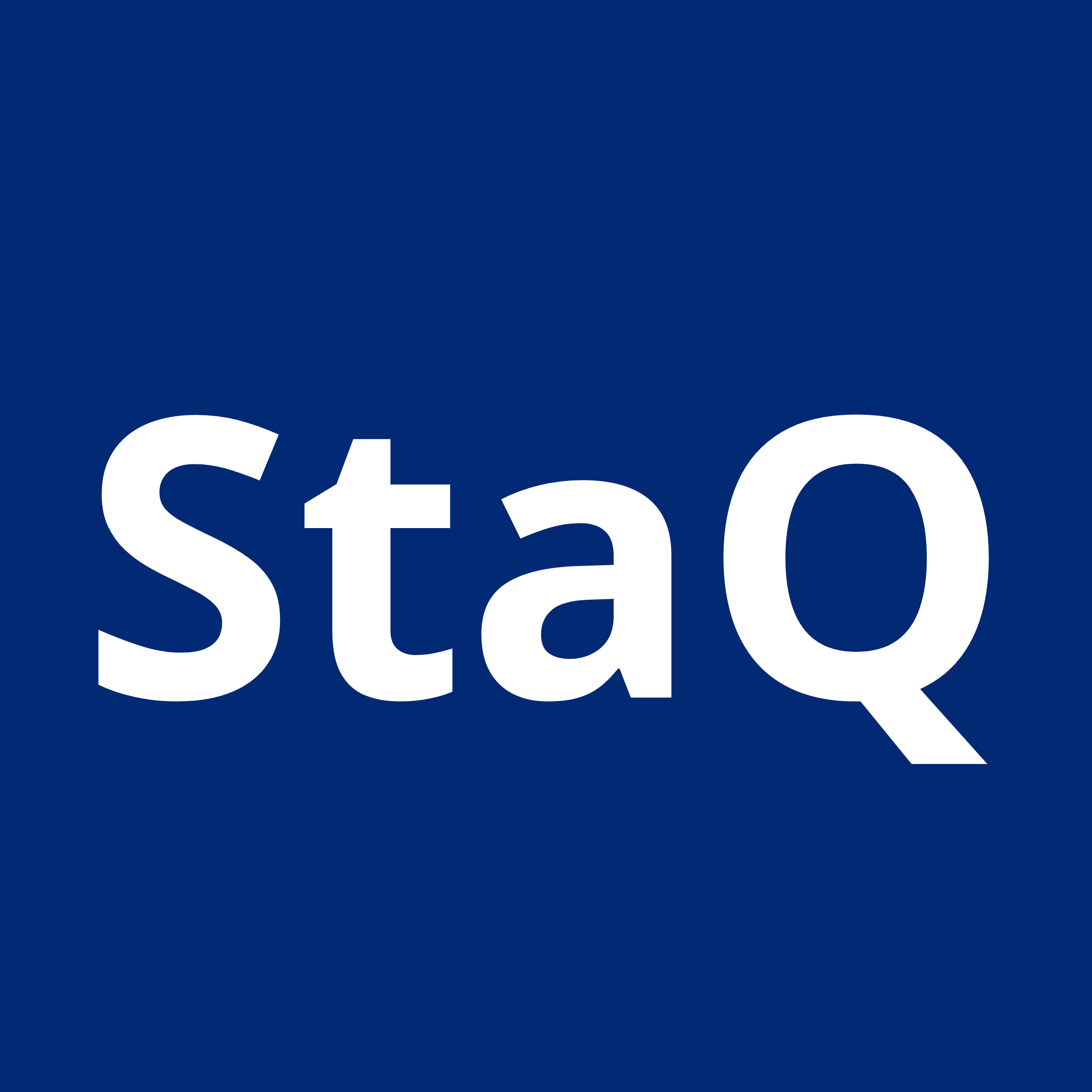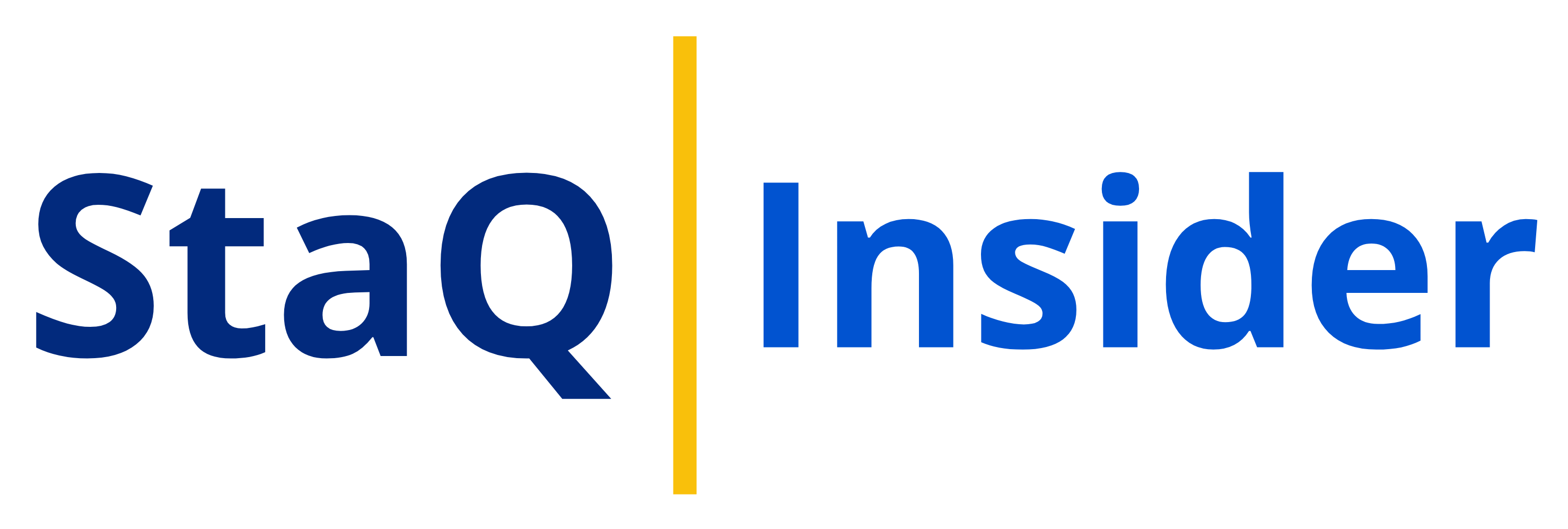In a significant shift, Meta has announced the discontinuation of independent fact-checkers on its flagship platforms, Facebook and Instagram. This move marks a transition towards a community-driven moderation system, drawing comparisons to X’s (formerly Twitter) ‘Community Notes’. As users grapple with the changes, questions arise about the impact on misinformation, free speech, and the broader landscape of social media governance.
A New Era of Community-Driven Moderation
Meta’s latest strategy involves empowering users to assess the accuracy of posts, effectively crowdsourcing the fact-checking process. This approach aims to mitigate concerns about bias inherent in third-party moderators. In a video shared alongside a blog post on Tuesday, Meta CEO Mark Zuckerberg emphasized that this change is a return to the company’s foundational values of free expression. “It means we’re going to catch less bad stuff,” Zuckerberg admitted, highlighting the trade-offs between reducing content removal errors and potentially allowing more misinformation to circulate.
Political Maneuvering and Strategic Alignments
The timing of Meta’s announcement coincides with efforts by Zuckerberg and other tech leaders to strengthen ties with President-elect Donald Trump ahead of his inauguration. Trump and his allies have previously criticized Meta’s fact-checking mechanisms, accusing the company of suppressing conservative voices. During a recent news conference, Trump lauded Zuckerberg’s decision, hinting at possible influences from past threats to the company. Joel Kaplan, Meta’s new global affairs chief and a prominent Republican figure, acknowledged that while the previous fact-checking system was well-intentioned, it often led to perceptions of censorship. The appointment of Kaplan, alongside Dana White, president of the Ultimate Fighting Championship and a Trump ally, signals a strategic pivot in Meta’s moderation policies.
Reactions and Criticisms: A Divided User Base
Meta’s decision has elicited mixed reactions. While political figures like Trump have praised the move, advocacy groups and fact-checking organizations have voiced strong opposition. Ava Lee from Global Witness criticized the decision as a “blatant attempt to cozy up to the incoming Trump administration,” arguing that it undermines efforts to combat hate speech and misinformation. Full Fact, a key fact-checking partner in Europe, described the shift as “disappointing and a step backward,” raising concerns about the global implications of reduced oversight.
Comparative Insights: Learning from Other Platforms
Meta’s move mirrors X’s Community Notes, where users collaboratively provide context to controversial posts. However, Meta plans to implement this feature initially in the US, maintaining third-party fact-checkers in regions like the UK and EU to comply with stricter regulatory standards. This selective approach reflects the diverse regulatory landscapes that global platforms must navigate. Comparing Meta’s strategy with other social media giants like YouTube and TikTok reveals varying approaches to content moderation, each balancing free speech with the need to prevent misinformation.
The Broader Implications for Content Quality and Public Discourse
The shift to crowdsourced moderation presents both opportunities and challenges. On one hand, user-driven fact-checking can enhance engagement and foster a sense of community responsibility. On the other hand, it risks increasing misinformation if not managed effectively, as community members may have varying levels of expertise and potential biases. The reduction in independent oversight could lead to a surge in unchecked false information, affecting the quality of public discourse on these platforms.
Legal and Regulatory Challenges
Meta’s decision operates within a complex web of international regulations. While the US may see a relaxation of moderation policies, regions like the EU enforce stringent content regulation laws that Meta must adhere to. Future legislation could further complicate Meta’s approach, forcing the company to continuously adapt its policies to meet evolving legal standards. Balancing free speech with harm prevention remains a contentious issue, with Meta navigating the fine line between enabling expression and curbing harmful content.
Future Prospects and Industry Impact
Meta’s policy shift is part of a broader trend where social media platforms reassess their content moderation strategies amidst political pressures and changing user expectations. This move could set a precedent for other platforms considering similar shifts, potentially reshaping industry standards for content governance. The decline of independent fact-checking may also prompt a reevaluation of the role these organizations play in maintaining the integrity of online discourse.
Expert Opinions and User Sentiment
Industry experts and academics have weighed in on Meta’s decision. Kate Klonick, a law professor at St. John’s University, noted that the privatization of speech governance on platforms is increasingly politicized. “The private governance of speech on these platforms has increasingly become a point of politics,” Klonick remarked, highlighting the broader implications for democracy and public discourse.
User sentiment is equally divided. Some users appreciate the emphasis on free expression, while others worry about the potential rise in misinformation and hate speech. Surveys and social media discussions indicate a lack of consensus, reflecting the complex trade-offs inherent in content moderation policies.
Conclusion: Navigating the Future of Social Media Moderation
Meta’s abandonment of independent fact-checking on Facebook and Instagram represents a pivotal moment in the ongoing debate over free speech and content accountability in the digital age. While the move aims to enhance free expression and reduce perceived bias, it also raises significant concerns about the proliferation of misinformation and the role of social media platforms in shaping public discourse. As Meta navigates this new landscape, the outcomes of this policy shift will have profound implications for users, regulators, and the future of online communication.
For the latest updates on business software and digital transformation, subscribe to Staq Insider
Need expert help to select and purchase the right software stack, check Staq42




